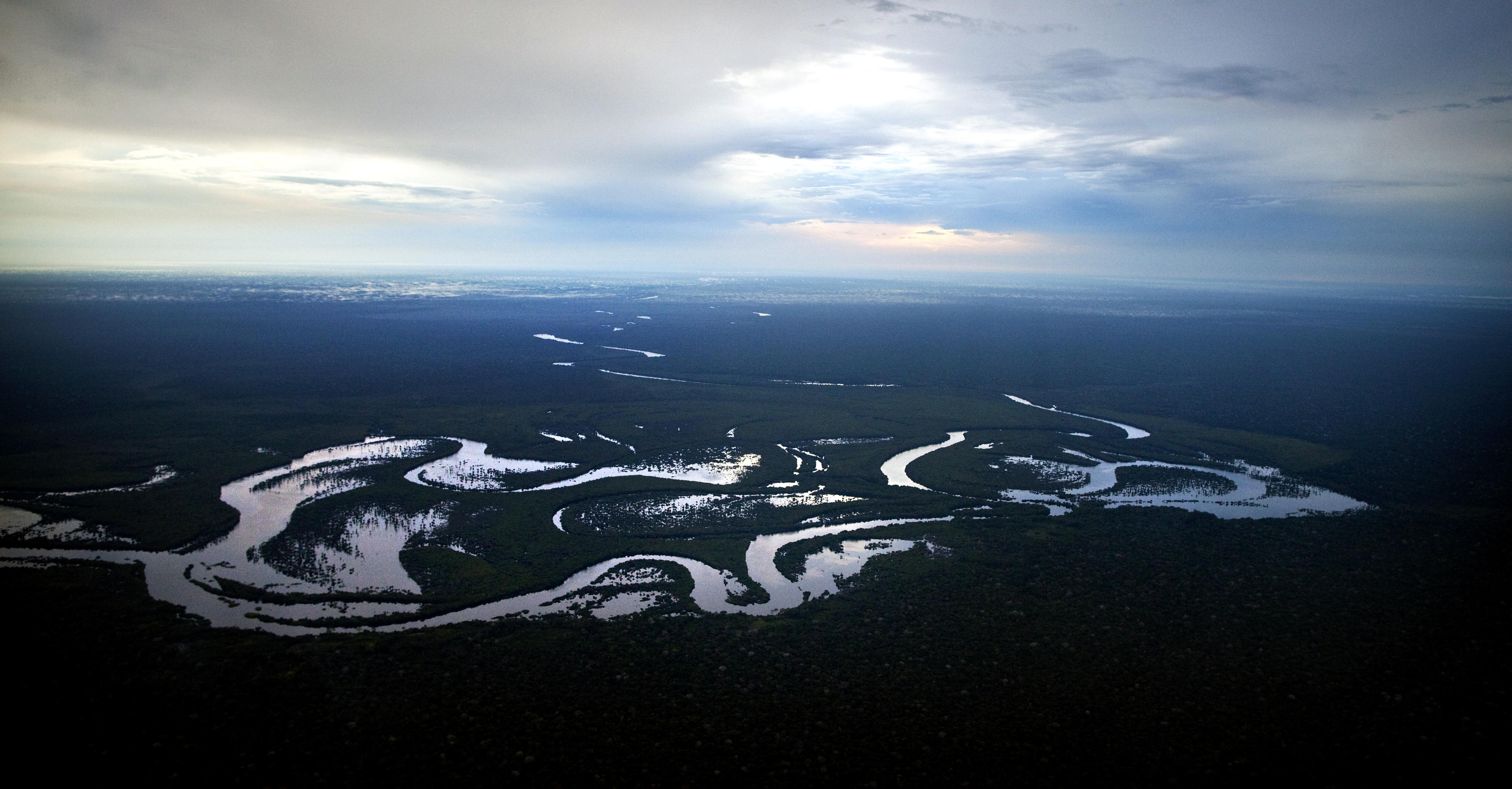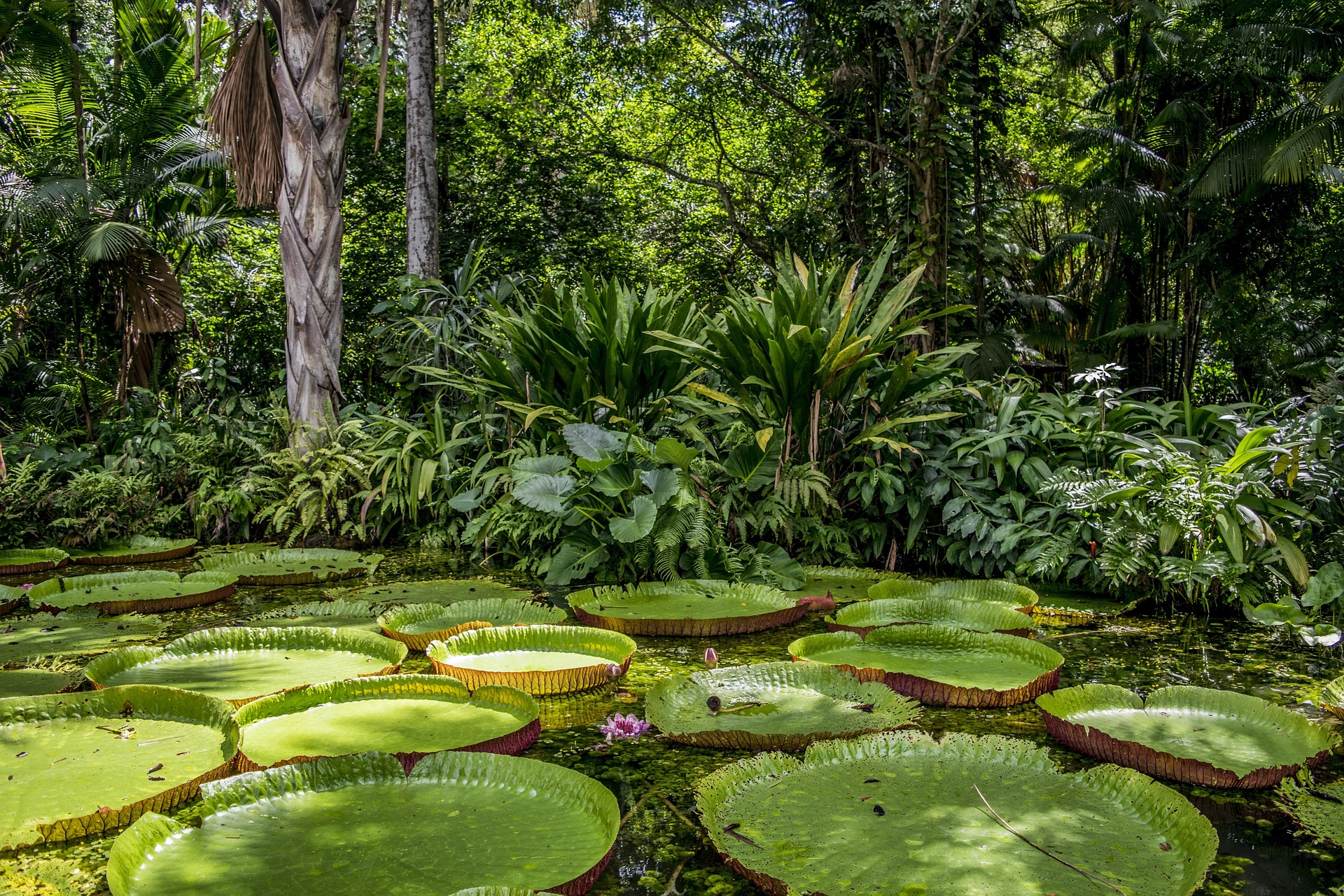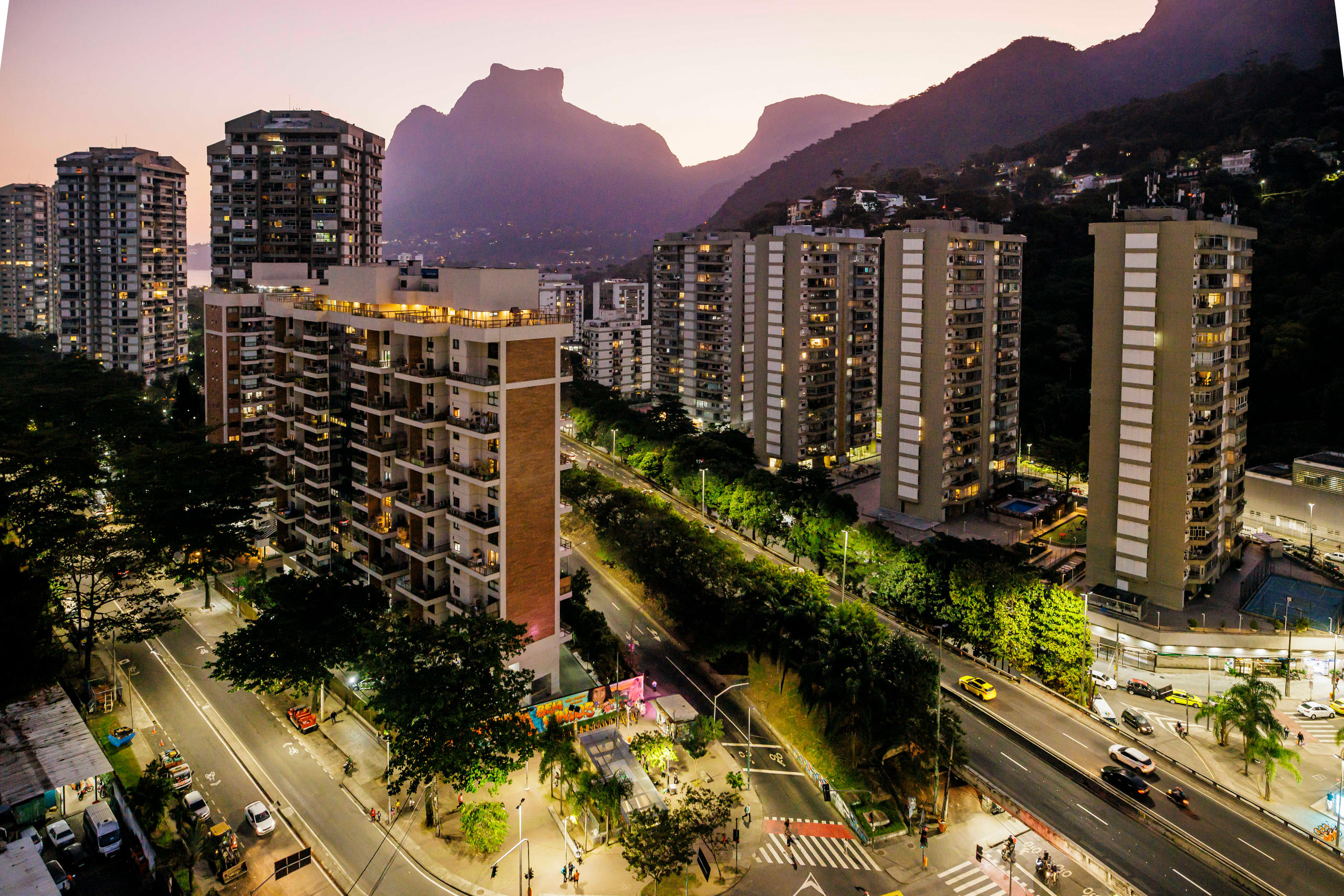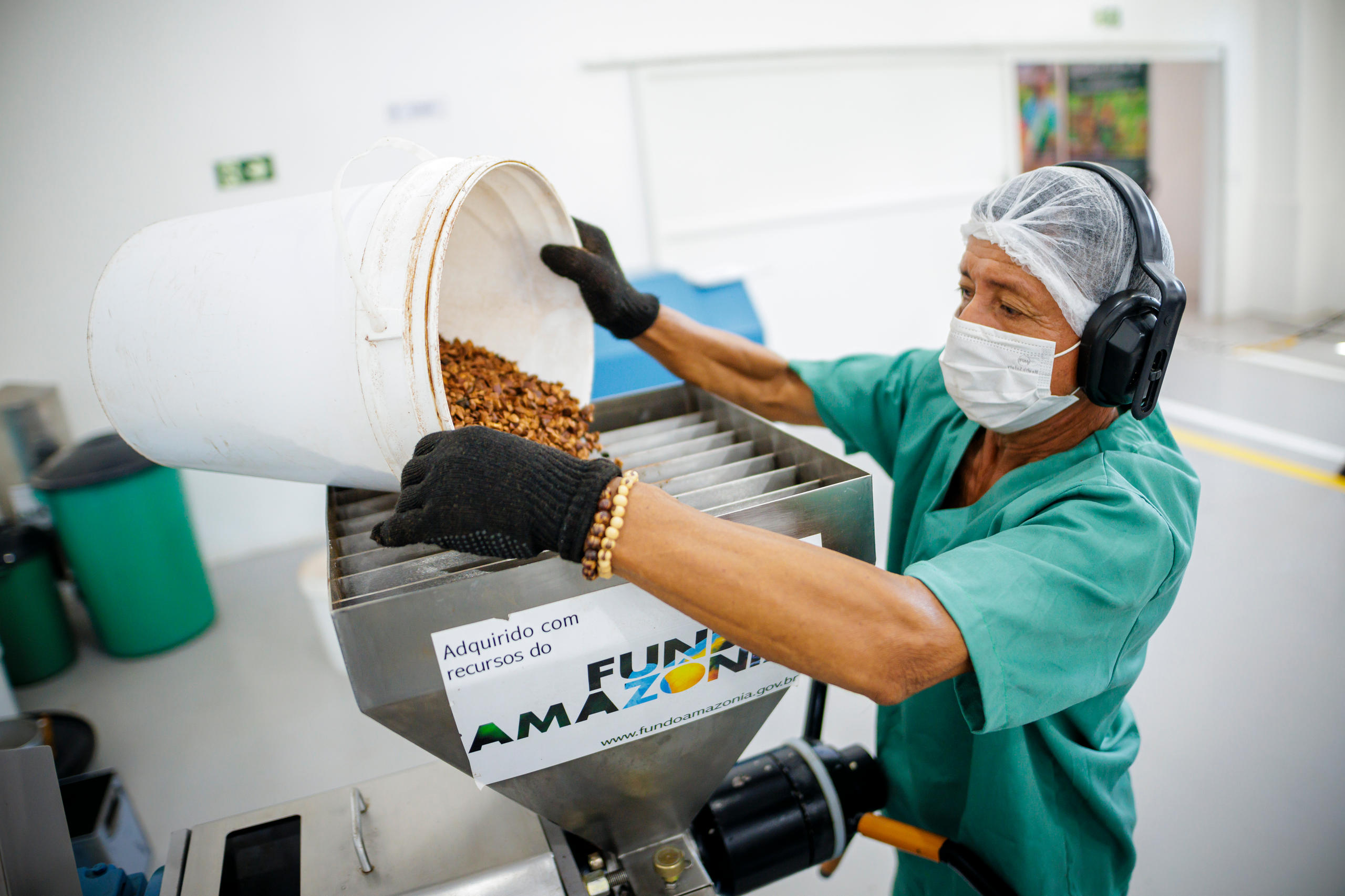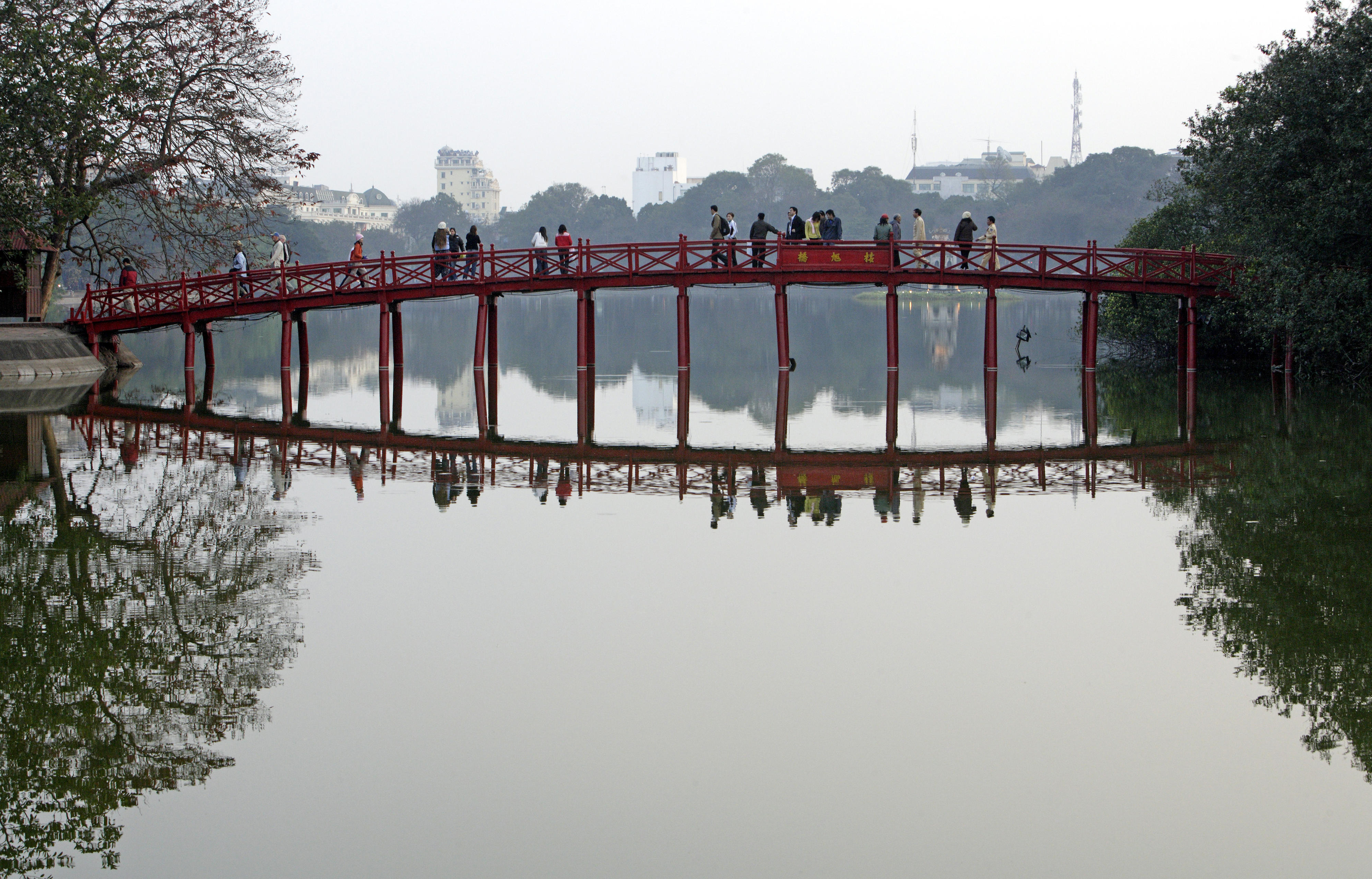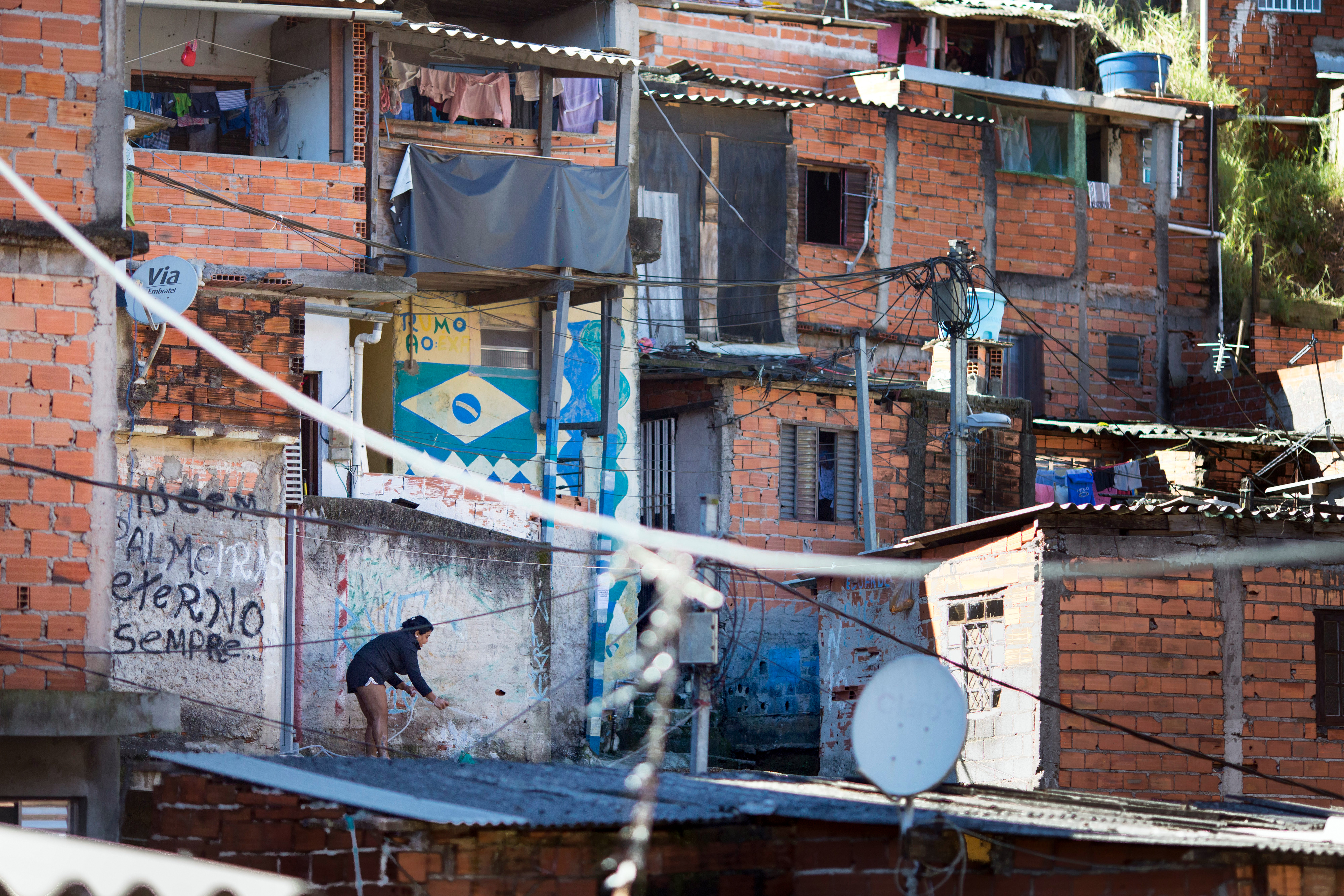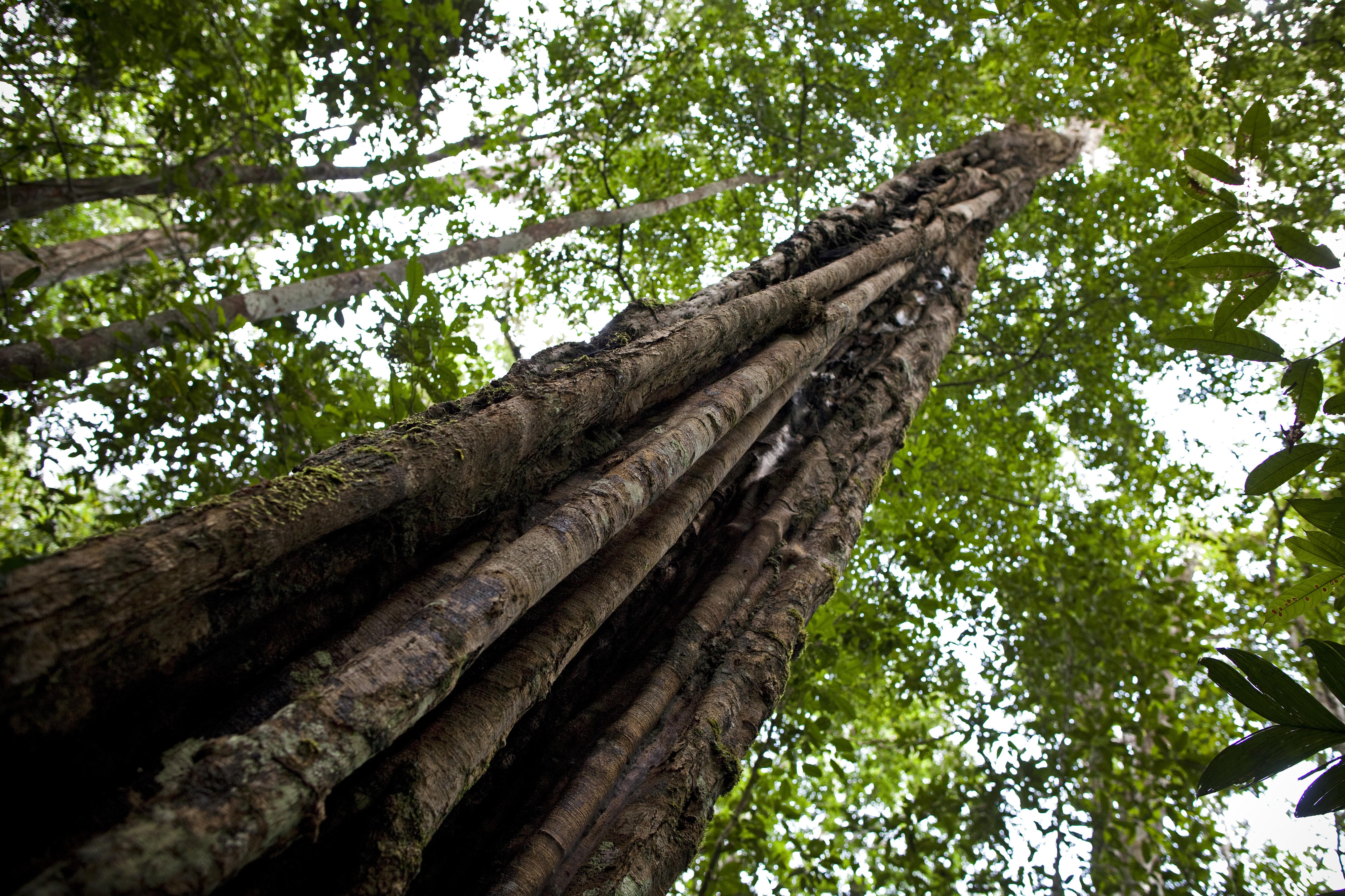River in the federal state of Amazonia, Brazil
Copyright© Thomas Trutschel/photothek.net
Brazil
Brazil's gross national product, which was about 2.18 trillion US dollars in 2024 (expressed in current US dollars), makes it one of the world's largest economies. The country has the greatest wealth of biodiversity anywhere in the world, the biggest remaining area of rainforest and also, with the Amazon, the largest river by discharge volume.
In international peace and security policy, in world trade, and above all in global forest conservation and climate action, Brazil plays an important role. Brazil is actively involved in the BRICS association of countries (Brazil, Russia, India, China and South Africa) and in the G20. In 2024, Brazil had the G20 Presidency. In 2025, it hosted the 30th Conference of the Parties to the United Nations Framework Convention on Climate Change (COP30) in Belém in the Amazon region.
German development cooperation with Brazil
Brazil is one of the “global partner countries” of the Federal Ministry for Economic Cooperation and Development (BMZ) – in view of both its political importance and its key role for the protection of the global climate, the environment, and biodiversity. The two countries' cooperation for sustainable development is being accompanied by close political dialogue.
The shared long-term goal of the cooperation programme is to protect global goods and resources in line with the Paris Agreement and the 2030 Agenda for Sustainable Development. In keeping with the principle of leaving no one behind, disadvantaged population groups and the protection of human rights – especially the rights of Indigenous Peoples and traditional communities – are a particular focus of German activities. Balancing environmental, social and economic interests is one of the most important goals of German-Brazilian cooperation for sustainable development.
In view of the country's own capacities, the main instrument on which German development cooperation with Brazil relies – apart from technical assistance and grants for Brazilian programmes and funds – is reduced-interest loans for measures to foster development. At the government negotiations in November 2023, Germany pledged to make available a total of up to 561 million euros in funding for Brazil. This commitment consisted of 523.5 million euros for Financial Cooperation and 37.5 million euros for Technical Cooperation.
In December 2023, Brazil and Germany deepened their cooperation by signing their Partnership for a Socially Just and Ecological Transformation, which encompasses multiple ministries. The signing ceremony took place during the intergovernmental consultations at the level of heads of state and government. The Partnership supports the protection and sustainable use of natural resources and ecosystems, the expansion of renewable energy generation, and sustainable economic and urban development.
German-Brazilian cooperation focuses on the following core areas and areas of intervention:
- Core area “Conserving nature and natural resources, protecting life on Earth”
Areas of intervention: forests, biodiversity - Core area “Climate and energy, just transition”
Areas of intervention: renewable energy and energy efficiency, sustainable urban development - Core area “Sustainable economic development, training and employment”
Areas of intervention: private sector and financial sector development, technical and vocational education and training
Triangular cooperation – new forms of cooperation
Brazil is an important partner for the BMZ when it comes to supporting joint projects in third countries; this is known as triangular cooperation. This type of programme focuses on facilitating exchange between countries that have different levels of development. For instance, Germany and Brazil are jointly supporting programmes in Latin America and the Caribbean – in fields such as economic development and employment, renewable energy, and vocational training.
SDG trends for Brazil
- On track or maintaining SDG achievement
- Moderately improving
- Stagnating
- Decreasing
- Trend information unavailable
